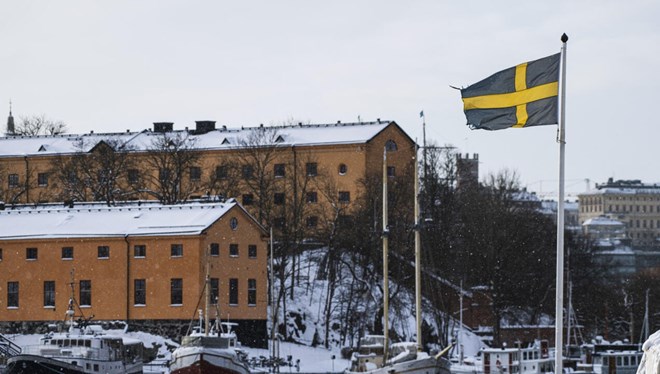
Monday January 6, 2025
Mogadishu (HOL) — Sweden has announced plans to deport Somali nationals who lack citizenship, targeting those involved in criminal activities or whose asylum claims have been denied. Ambassador Joachim Waern stated that the new measures aim to balance immigration control with public safety, reflecting the government’s broader security priorities.
The deportation criteria specifically apply to Somali nationals convicted of crimes in Sweden or deemed ineligible for refugee status. Those with rejected asylum applications also fall under the scope of the policy.
advertisements
Ambassador Waern emphasized that Sweden’s collaboration with Somalia is central to ensuring the humane reintegration of deportees. The partnership includes monitoring deportees’ progress and addressing recruitment risks by extremist groups. The changes aligns with Sweden’s commitment to counter-terrorism and international security.The policy has major implications for Sweden’s Somali community, which numbered approximately 63,853 as of 2016, according to Statistics Sweden. Concentrated in cities like Stockholm, Gothenburg, and Malmö, many Somalis fled to Sweden during the Somali Civil War, with most arriving after 2006.
Sweden’s actions align with wider European efforts to manage undocumented migration. Germany recently reached a similar agreement to deport Somali nationals, focusing on individuals convicted of serious crimes. Somali President Hassan Sheikh Mohamud has supported voluntary returns, underscoring the importance of reintegration into Somali society.
Additionally, the European Union has introduced stricter visa rules for Somali nationals, including higher fees and longer processing times. These measures aim to encourage cooperation on readmissions while addressing irregular migration patterns.
The Somali community has raised concerns over the potential social and economic impact of deportations. Community organizations, many of which are clan-based, provide integration support but face challenges.